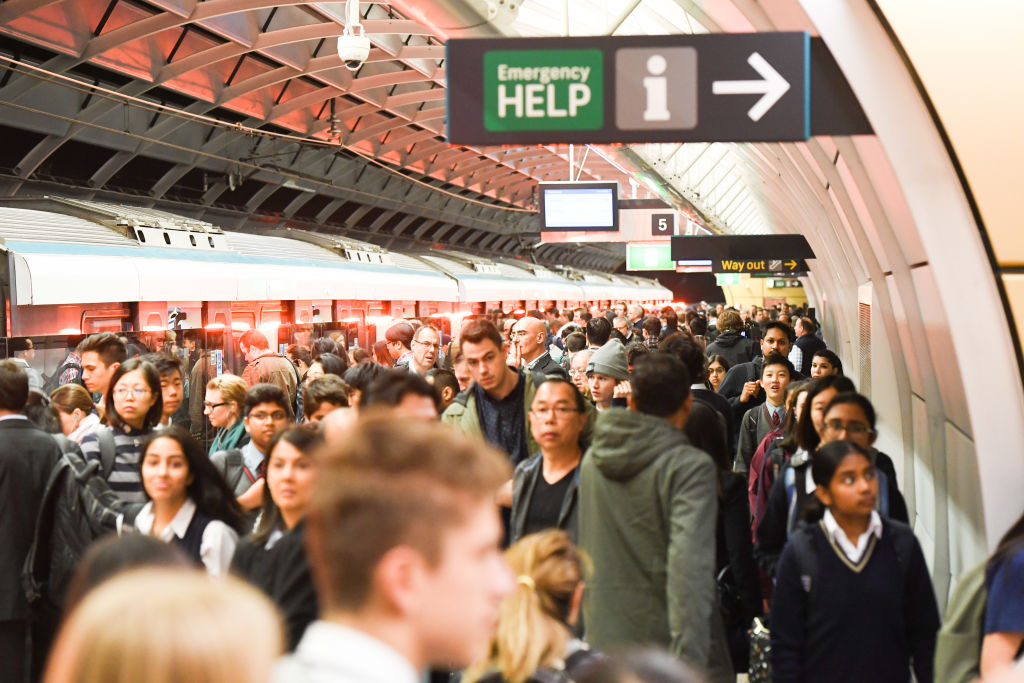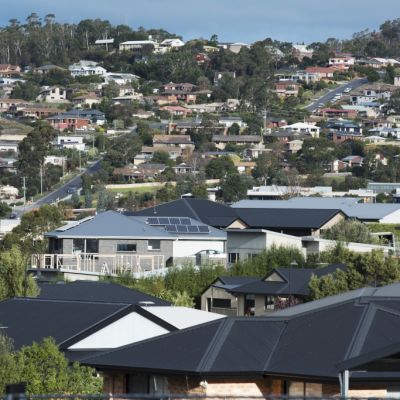Areas with poor attitudes to immigration have weaker house price growth, new research shows

Communities where people oppose immigrants moving in experience less house price growth than neighbouring suburbs with more accepting residents, new research has shown.
Immigration lifts house prices by increasing demand for an already limited supply of housing and anti-immigrant communities were excluding themselves from this benefit, Deakin University researcher Chris Doucouliagos said.
“In theory, if people are more predisposed towards immigrants there may be a higher price as well, but we found that those areas with negative attitudes get a lower increase in house prices,” Professor Doucouliagos said.
All communities, no matter their attitude to immigration, benefited from its effect on home values, but those who didn’t want new migrants moving in benefited less, he said.
Some studies in the past had claimed the inverse, that immigration drove down prices, Professor Doucouliagos said.
“We didn’t find that,” he said. “Some people look at one area or one city but we looked at all of the data.
“You can get a localised effect.”

To get around such an effect, the research looked at dozens of other studies conducted on the relationship between house prices, attitudes and immigration in 14 countries, including Australia, New Zealand and the UK.
The aim of the analysis was to sift through a crowded field of research to dispel one myth about immigration’s impact on the economy. It aimed to prove an effect rather than put a dollar value on the results of poor attitudes.
“Immigration is a major policy issue globally. It’s always in the news, there are a lot of claims made,” Professor Doucouliagos said. “When you look at the evidence, none of those claims stand to scrutiny. We find no evidence that it reduces asset values.
“There is no case for restricting immigration on the basis of house prices. Our takeaway is ‘love thy neighbour’.”
He said the results of the study showed that any added pressure on supply and demand could have an impact on the housing market, including the attitudes of buyers and sellers.
The research suggested that residents who did not want to live near immigrants would leave the area, decreasing the demand for housing further.
“It’s a fascinating area of study,” Professor Doucouliagos said. “Attitudes are very important to a lot of transactions. Demand and supply are influenced by attitudes.
“In terms of selling your house, if you sell it to an immigrant, you’re gaining aren’t you?
“Anything that causes friction to trade, or restricts trade in that way is going to limit financial gains.”

The paper joins a growing body of research into discrimination in the housing market, both in sales and renting.
Late last year, a survey found that 59 per cent of Asian-born Australians were discriminated against while trying to find a home.
The Western Sydney University researchers who conducted the survey and subsequent analysis suggested that the racism experienced was in response to feelings that the Anglo-Australian hegemony was being threatened.
Another study in 2016 found agents were, in most cases, more likely to favour an Anglo rental applicant than a someone from a minority population, particularly when it came to following up post application and inspection.
States
Capital Cities
Capital Cities - Rentals
Popular Areas
Allhomes
More










